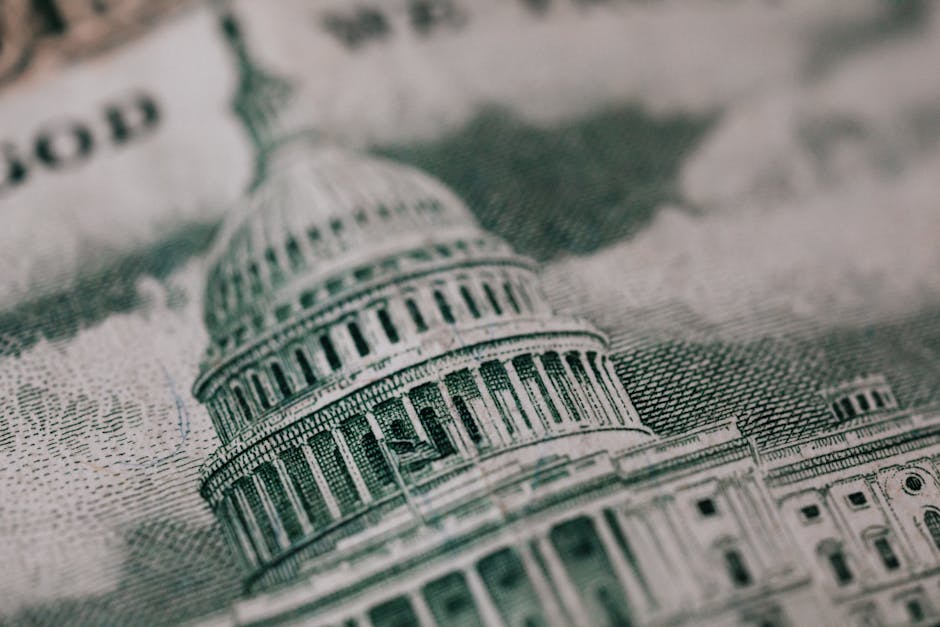Congress Demands Transparency: Epstein Files Set for Release
In a historic move, Congress has passed a bill mandating the public disclosure of the sealed “Epstein Files“—thousands of court documents linked to the late financier and convicted sex offender Jeffrey Epstein. The bipartisan measure, now awaiting President Trump’s signature, aims to expose the full scope of Epstein’s crimes and the powerful figures allegedly involved in his sex trafficking network.
What’s in the Epstein Transparency Act?
The Epstein Transparency Act requires the Department of Justice (DOJ) and federal courts to release unredacted documents, including:
– Depositions and court records from Epstein’s criminal cases.
– Flight logs from his private jets, dubbed the “Lolita Express.”
– Correspondence that could reveal collaborators or enablers.
Additionally, the DOJ must submit a report on Epstein’s controversial 2008 plea deal, which allowed him to serve minimal jail time despite facing serious charges. Critics argue the deal was a product of his wealth and connections.
Why the Push for Disclosure Now?
The bill gained traction after Epstein’s 2019 jail-cell death—officially ruled a suicide but widely questioned. Victims’ advocates, lawmakers, and journalists have since demanded accountability.
Senator Marsha Blackburn (R-TN), a key sponsor, stated: “This is about exposing a system that shields predators. The public deserves the truth.”
Who Could Be Named in the Files?
While the full list remains sealed, experts speculate the documents could implicate:
– Politicians: Bill Clinton, Donald Trump
– Royalty: Prince Andrew (who settled a lawsuit with Epstein accuser Virginia Giuffre)
– Business elites: CEOs and billionaires listed in Epstein’s “black book”
Trump has denied close ties, claiming he banned Epstein from Mar-a-Lago. Prince Andrew and Clinton have also distanced themselves.
Will Trump Sign the Bill?
The White House has yet to comment, but insiders suggest Trump faces pressure from allies wary of fallout. If he vetoes it, Congress could override with a two-thirds majority—likely, given bipartisan support.
Potential Consequences of Release
Legal experts predict:
– Lawsuits and investigations against named individuals.
– Reputational damage for high-profile figures.
– Renewed scrutiny of DOJ’s handling of Epstein’s case.
Sarah Ransome, an Epstein survivor, voiced cautious hope: “We’ve waited decades for justice. No one should be above the law.”
What Happens Next?
If signed, the DOJ has 90 days to begin releasing documents. Media and researchers are preparing for a potential bombshell—one that could redefine accountability for the powerful.
Stay tuned for updates as this story develops.




